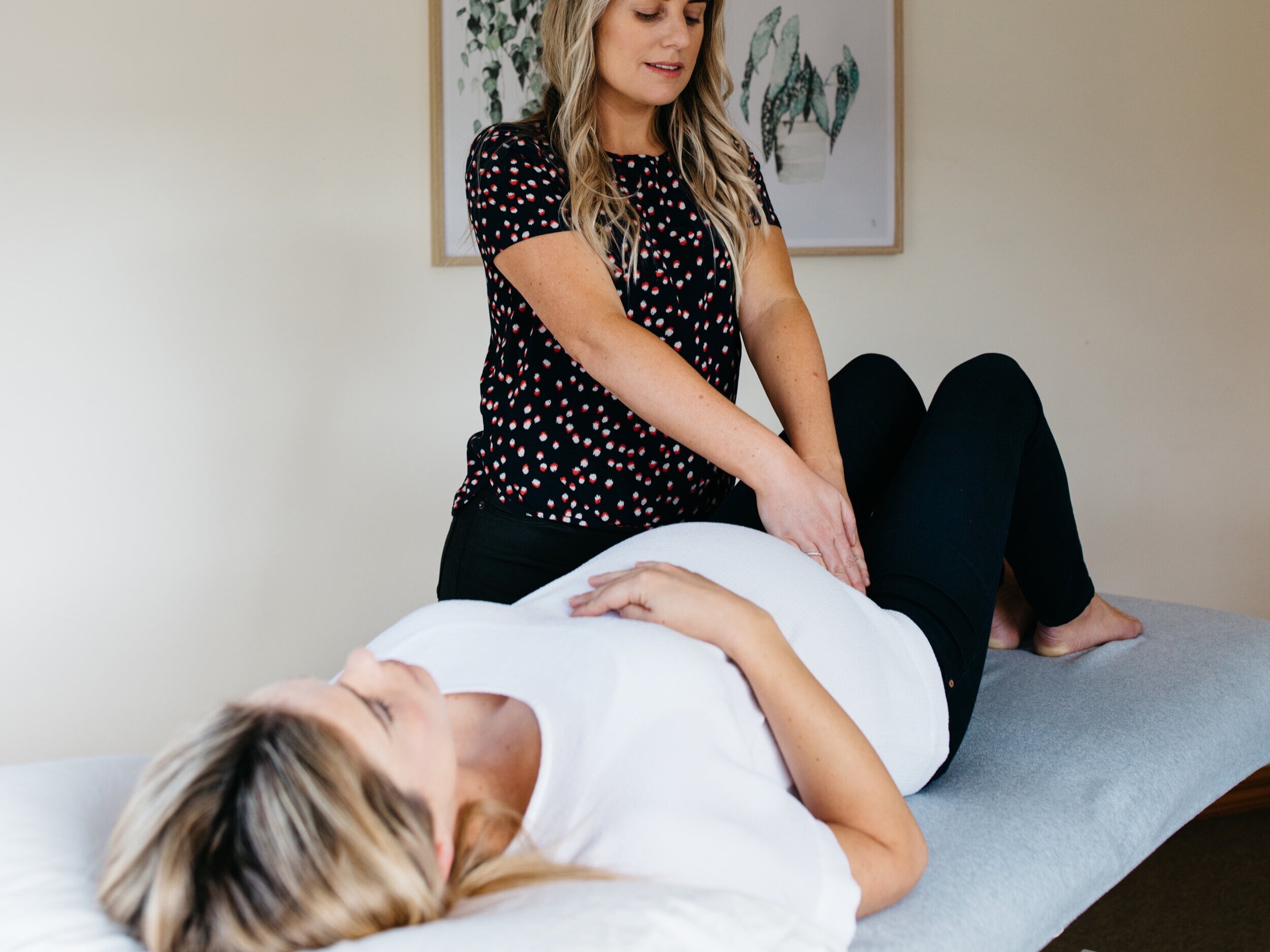Nurturing Natural Birth: The Role of Osteopathic Treatment in Labor Induction
Can an Osteopath Induce Labour?
Supporting Your Body Naturally as You Prepare for Birth
As your due date approaches, it’s natural to start thinking about how to support your body in preparation for labour. Many mums-to-be ask the question: Can an osteopath induce labour? While osteopathic treatment doesn't directly trigger labour, it can play a powerful supportive role in helping your body be as ready as possible.
Here’s everything you need to know about how osteopathic care can help during the final weeks of pregnancy—and why your baby and your body will decide when labour begins.
Can an Osteopath Bring on Labour?
In short—osteopaths do not induce labour in the medical sense. However, osteopathic treatment during the later stages of pregnancy can help ensure your body is functioning at its best, which may support a smoother and more efficient labour process when the time is right.
Sarah believes it is up to the baby and mum’s body when labour will occur—unless medical intervention is required. Every pregnancy is different, and babies arrive when they’re ready. That said, having your body in the best alignment and balance possible can certainly help the process along naturally.
How Osteopathic Treatment Can Help Before Labour
During the third trimester, your body is under increased pressure as your baby grows and moves lower into the pelvis. Osteopathy can assist in this final stage by:
1. Improving Pelvic Alignment
When your pelvis is well-aligned and balanced, it may make it easier for your baby to find the optimal position for birth (head down and facing the right direction).
2. Easing Tension in the Hips, Lower Back and Pelvic Floor
Tight muscles, ligaments, and joints can cause discomfort and limit movement. Gentle osteopathic techniques help release tension and encourage more freedom of movement.
3. Supporting Optimal Function of the Spine and Nervous System
Osteopathy aims to reduce strain on your spine and nervous system, promoting better communication between the brain and body—essential for labour and birth.
4. Promoting Relaxation and Reducing Stress
Reducing physical tension and encouraging relaxation can have a big impact on how ready your body feels to go into labour. Many mums leave their osteo appointments feeling calm, grounded, and more in tune with their body.
When to Book an Osteopathy Appointment Before Birth
You can see an osteopath at any stage of pregnancy, but many women find treatment particularly helpful in the final weeks (from around 36 weeks onward) as they prepare for birth.
You might benefit from osteopathy if:
You’re experiencing back, hip, or pelvic pain
Your baby is in a less-than-ideal position
You’re feeling anxious or physically tense
You want to help your body prepare as naturally as possible for labour
Is Osteopathic Treatment Safe in Late Pregnancy?
Yes—osteopathy is safe, gentle, and specifically tailored to the needs of pregnant women at every stage, including the final weeks. Techniques are always adjusted to your comfort and condition, and your osteopath will make sure you’re supported throughout.
Sarah has worked with hundreds of women throughout pregnancy and is passionate about supporting mums-to-be in a way that feels calm, respectful, and nurturing. Her focus is always on helping your body function at its best—never forcing it to do anything it's not ready for.
Final Thoughts
So, can an osteopath induce labour? Not directly—but osteopathic care in the lead-up to birth can absolutely help your body feel strong, mobile, and balanced, giving you the best possible foundation for when your baby decides it’s time.
Whether you’re struggling with late pregnancy aches and pains or simply want to support your body naturally before labour, osteopathy can be a gentle and effective part of your birth preparation plan.
Ready to prepare your body for birth with supportive osteopathic care?
Book your pregnancy osteopathy appointment with Sarah today.

